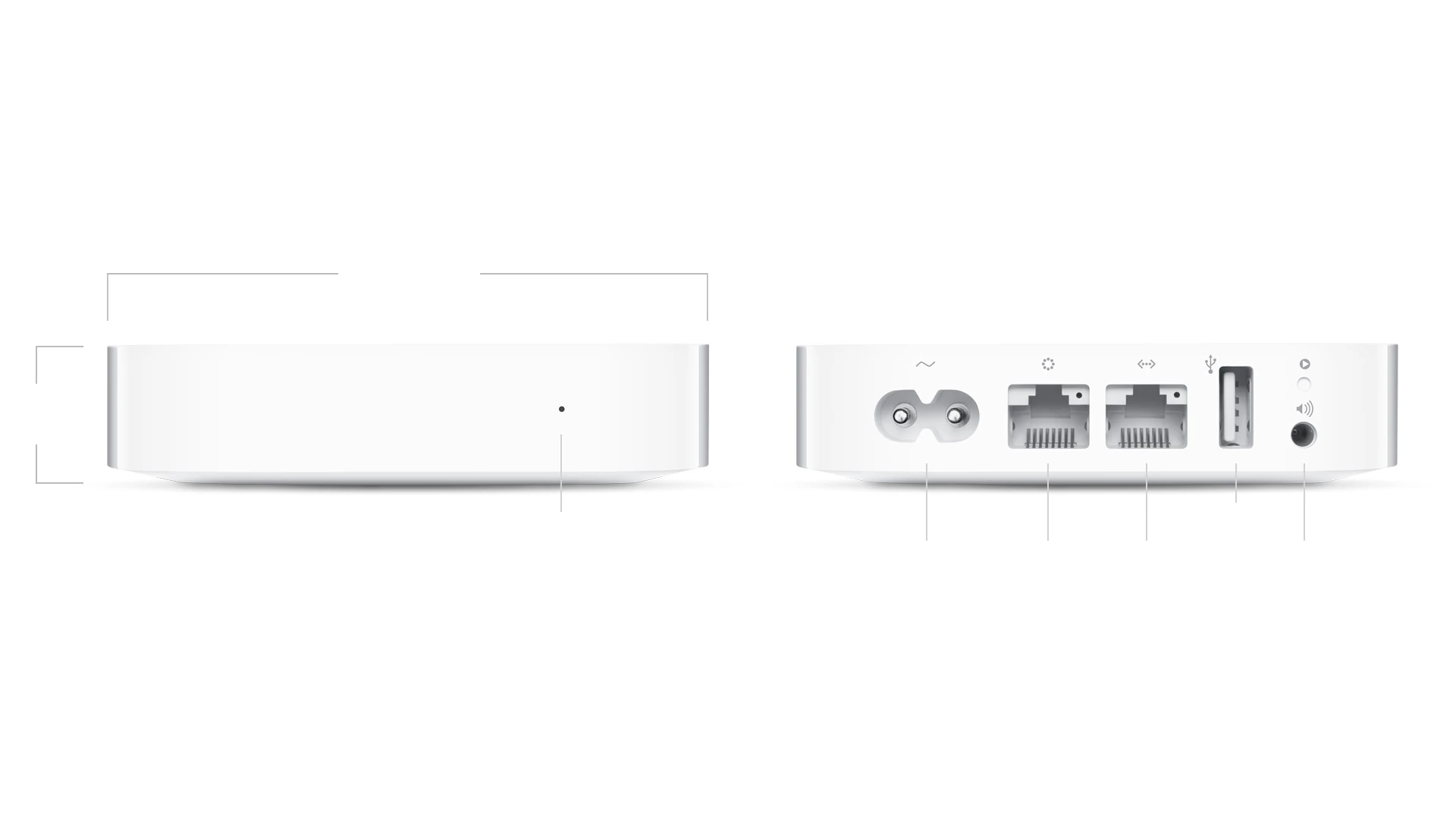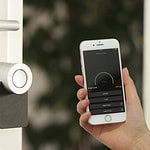Apple has confirmed the discontinuation of the AirPort router line, disappointing some users. However, future Apple devices, like Apple TV and HomePod, may function as Wi-Fi access points. While there are no plans for a new AirPort router, the introduction of advanced Wi-Fi chips in upcoming devices could enhance smart home connectivity.
Apple’s focus is shifting towards integrating networking capabilities into existing products, suggesting a more cohesive user experience. Although the revival of the AirPort brand is unlikely, the tech community is encouraged to stay optimistic about future developments in home networking. User feedback will be essential as these changes unfold.
The Future of Apple’s Home Networking
No New AirPort Routers
Apple has confirmed it is not working on new AirPort routers. This news comes from reliable sources. Many people were hoping for a new AirPort product. This announcement puts those hopes to rest. It means Apple will not release a standalone router like it used to.
What This Means
Apple stopped making AirPort routers in 2018. Some people thought they might bring them back. This news confirms that is not happening. If you need a new router, you will have to look at other brands.
Future Access Points Are Possible
While there are no new routers, Apple may still have plans for home networking. Reports suggest future Apple devices could act as Wi-Fi access points. This means devices like Apple TV or HomePod might extend your Wi-Fi network.
How This Could Work
Apple is developing its own Wi-Fi chips. These chips are very advanced. They could allow devices to create a mesh network. This would improve Wi-Fi coverage in your home. This is just an idea for now, but it is interesting to consider.
AirPort Routers vs. Potential Access Points
Here is a comparison of AirPort routers and the potential new system:
| Feature | AirPort Routers | Potential Apple Access Points |
|---|---|---|
| Dedicated Router | Yes | No |
| Wi-Fi Extension | Yes (with multiple AirPorts) | Possible (with Apple devices) |
| Standalone Device | Yes | No (integrated into other devices) |
What to Expect
It is unlikely we will see a dedicated AirPort router again. However, Apple may find new ways to improve home Wi-Fi using its other products. We will have to wait for official announcements from Apple.
Short Summary:
- Apple discontinues AirPort routers but develops a new in-house Wi-Fi chip.
- Upcoming home devices show promise for enhanced wireless experiences.
- Possibility of existing devices like Apple TV functioning as wireless access points.
In a recent wave of announcements concerning its home device strategy, Apple has firmly established that it has no immediate intentions to reintroduce its AirPort line of wireless routers. This decision comes after the company discontinued its last AirPort product in 2018. Nevertheless, the excitement surrounding Apple’s new in-house Wi-Fi chip, known as Proxima, has led many to speculate about the potential for enhanced wireless access points through existing smart home devices.
A Shift in Home Device Strategy
For many years, Apple’s approach to home devices could best be described as a hobbyist endeavor. The company has rolled out several products, such as the HomePod and Apple TV, but has not heavily invested in them, leading to stagnation in innovation and upgrades. Historically, Apple’s lineup has remained fairly static, with little meaningful updates to enhance user experience.
However, according to multiple reports, this trend is expected to shift dramatically in the coming years. Apple is gearing up for a significant push in the smart home market, with plans to release updated versions of Apple TV and HomePod mini in 2025, as well as an entirely new device dubbed ‘HomePad’. In 2026, the company is rumored to launch a smart home camera, marking its entry into various new smart home accessories.
The Promise of New Wi-Fi Technology
As the tech landscape continues to evolve, Apple is reportedly transitioning away from its reliance on Broadcom’s Wi-Fi and Bluetooth chips for its devices. Instead, they are developing their own integrated solutions. The Proxima chip, which is set to debut in devices such as the iPhone 17, new Apple TV, HomePod mini, and potentially the new HomePad, aims to create a more cohesive and energy-efficient wireless experience.
“Apple’s goal is to develop an end-to-end wireless approach that is tightly integrated with its other components and more energy-efficient,” stated Mark Gurman, a well-known tech journalist.
This shift to in-house technology not only emphasizes Apple’s innovation drive but also enhances how devices will communicate with one another, leading to quicker data synchronization and better overall performance.
Reviving Interest in AirPort
The original AirPort products fostered a loyal fan base during their years on the market, and with the growing potential for enhanced device networking, the dream of a new AirPort router resurfaced among enthusiasts. The prospect of Apple re-entering the router market is augmented by its expanding product lineup and strengthened integration across ecosystems.
“I am ready to retire my Airport Time Capsule. When you live in rural areas, the Time Capsule has been the device I trusted to save my stuff. The best router I have found for my HomeKit,” commented Jeffrey Johnson, a longtime customer and supporter of the original AirPort line.
Indeed, many say that a new AirPort could serve as the backbone of the improved smart home ecosystem that Apple is building. The synergy created by having a dedicated router could not only support existing devices but also offer a seamless user experience that Apple fans are accustomed to.
Proxima: A Game-Changer for Smart Devices
The emergence of the Proxima chip, touted for its sophistication, has generated fascinating discussions about the future of Apple’s wireless strategy. Interestingly enough, the Proxima chip could enable devices such as the Apple TV or HomePod to function as wireless access points, a capability that has already found success in some of Google’s product lines.
Mark Gurman observes,
“The Proxima chip is sophisticated enough that it could theoretically turn a home device like an Apple TV or HomePod into a wireless access point.”
This potential opens doors for Apple to circumvent the need for a dedicated AirPort router altogether. Instead of launching a new product, Apple could enhance existing ones, enabling them to extend network coverage seamlessly. However, this route comes with its own set of uncertainties. There’s no confirmation that Apple will enable this feature, and it ultimately depends on how the software is developed to allow this dual functionality.
Looking Ahead
Mark Gurman also pointed out that while some speculate on Apple’s potential return to the router market, the company’s focus remains elsewhere. He explains that:
“Let me be clear: Apple is not working on a new AirPort wireless router. However, it seems counterproductive to step back into that space when existing devices can be leveraged through advanced technology.”
Given that vigilance toward driving customer satisfaction, Apple may conclude that any new offering must showcase remarkable performance. If the Proxima chip does not deliver the expected enhancements or results, the strategy could pivot, prioritizing reliability over novelty.
In the world of innovation, where smart homes are becoming the norm, Apple faces both challenges and opportunities. The company’s recent focus on refining its wireless architecture shows promise but also invites scrutiny on how they will capitalize on this initiative effectively.







